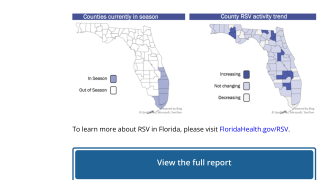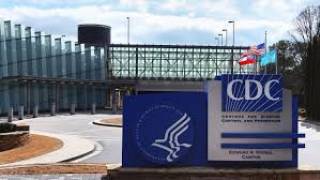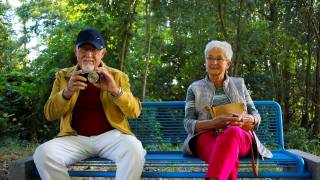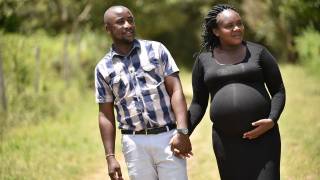RSV Vaccine Candidate Passes Phase 2 Study

Two clinical trials for a respiratory syncytial virus (RSV) vaccine candidate showed positive results.
Both studies showed similar reactogenicity profiles for RSV-PreF and Tdap in young women, and neither study reported related adverse events.
These researchers say an RSV vaccination during pregnancy could boost pre-existing neutralizing antibody titers, providing passive protection to newborns.
But, there is not an RSV vaccine currently approved in the USA.
The goal of RSV vaccination is to prevent serious RSV-associated lower respiratory tract illness in infants.
There are several obstacles to the development of successful RSV vaccines, including:
- the need to immunize very young infants, who may respond inadequately to vaccination;
- the existence of two antigenically distinct RSV groups, A and B;
- the history of disease enhancement following administration of a formalin-inactivated vaccine.
The respiratory syncytial virus causes bronchiolitis and pneumonia in neonates and infants. The disease can affect people of all ages and resembles a nasty cold, but it can be deadly for infants because the virus can cause swelling in their small airways.
The RSV virus causes more than 30 million acute respiratory tract infections in children around the world each year, reports the World Health Organization (WHO).
These two blind, controlled studies NCT02360475 and NCT02753413 evaluated immunogenicity and safety of an investigational RSV vaccine in healthy, non-pregnant 18-45-year-old women. Both studies used licensed Tdap vaccine as control.
The RSV F-020 trial (n = 500) was conducted at various sites in the U.S., the Czech Republic, Australia, and Germany, whereas the RSV F-024 trial (n = 100) was carried out at one center in Belgium.
RSF F-020 evaluated three different RSV-PreF formulations. At 30 days, women in the RSV F-020 trial who received the vaccine had RSV-A neutralizing antibodies ranging from 3.1 to 3.9 times greater than baseline.
Concentrations of antibodies that compete with Synagis (palivizumab, AstraZeneca) rose by more than 14-fold by day 30, and although RSV antibody titers fell after 30 days, they remained at more than double pre-vaccination levels at 90 days, Beran and colleagues wrote.
Synagis is not a vaccine.
It is an injection given once a month throughout RSV season. SYNAGIS helps protect babies from RSV through virus-fighting antibodies.
Synagis which is manufactured by MedImmune is a monoclonal antibody produced by recombinant DNA technology.
Conflicts of interest: GSK group of companies provided support during the conduct of the study, as well as from Pfizer Inc., AstraZeneca, and Regeneron.
The researchers included: Jiři Beran, Jason D Lickliter, Tino F Schwarz, Casey Johnson, Laurence Chu, Joseph B Domachowske, Pierre Van Damme, Kanchanamala Withanage, Laurence A Fissette, Marie-Pierre David, Koen Maleux, Alexander C Schmidt, Marta Picciolato, Ilse Dieussaert; Safety and immunogenicity of 3 formulations of an investigational respiratory syncytial virus vaccine in non-pregnant women: results from two phase II trials, The Journal of Infectious Diseases.
Our Trust Standards: Medical Advisory Committee
- Safety and immunogenicity of 3 formulations of an investigational respiratory syncytial virus vaccine in non-pregnant women: res
- Respiratory Syncytial Virus Vaccines
- Comparison of the Safety and Immunogenicity of 2 Respiratory Syncytial Virus (RSV) Vaccines—Nonadjuvanted Vaccine or Vaccine Adj
- Update on RSV Vaccine Development


























